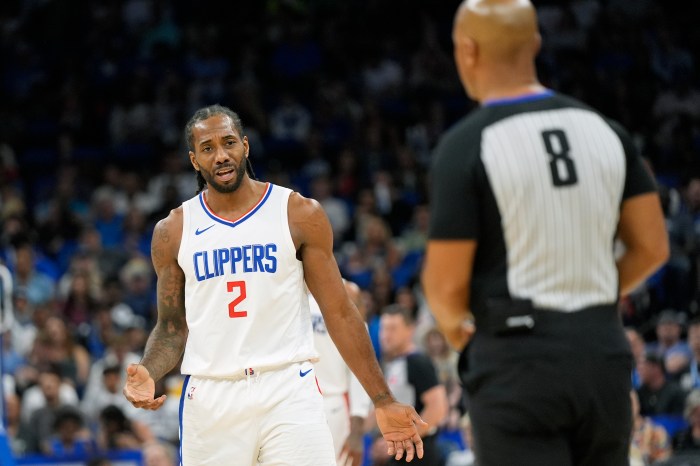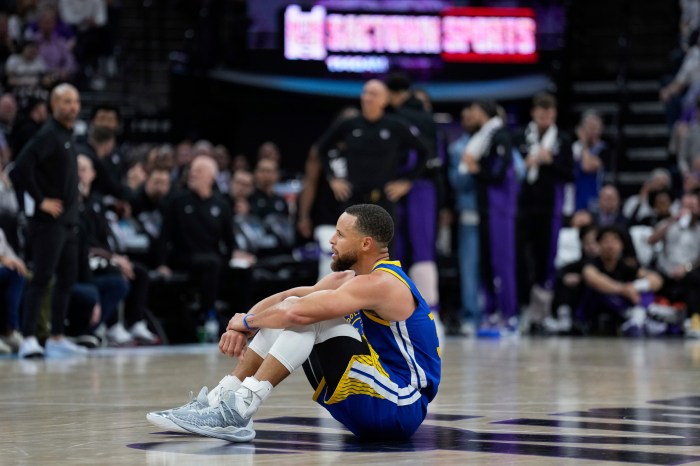Every year, millions of tonnes of supermarket packaging goes straight to the landfill, putting a burden on our environment and adding to our carbon footprint.
But reading these massive numbers in wasteful packaging can be hard to digest.
Oliver Bourne, a 23-year-old London-based graphic designer, created a novel way to physically show, and feel, the amount of plastic wrappers and paper coverings wasted from a single trip to the supermarket.
It’s a receipt as heavy as all that packaging waste put together.
Bourne reconfigured the shopping receipt to show the weight of each piece of packaging instead of its price.
He formed it into a lead block weighing 2,840 grams (about six pounds), the total weight of the packaging.
Metro spoke to Bourne about his fresh take on raising eco-awareness in our everyday spending.
When and how did you create this shopping receipt made from lead?
I made it when I was studying graphic design. I crafted the item from a piece of scrap lead and cut it so it would weigh approximately three kilograms. In the workshop I made a cast of a receipt out of metal.
The lead was then melted into the cast. To obtain the exact weight I had to trim material. The text was screen printed on to the metal receipt.
What was your main inspiration behind it?
What first inspired me was one day I realized my green bin for recycling waste filled up very quickly and it was mostly from packaging from food products. Also, as a former employee at a supermarket, I knew how packaging was simply thrown away. So, when it came to creating this lead receipt, I just wanted to highlight this problem by designing something that would be thought-provoking.
What has been the reaction amongst people you know to this ‘lead receipt?’
Friends and colleagues of mine were fascinated but at the same time very surprised, even shocked, at how heavy a week’s waste of packaging can be.
Do you think supermarkets are making a conscious effort to reduce packaging?
I feel that supermarkets have not been doing enough to reduce packaging, but luckily city councils around the U.K. have been imposing new rules to tackle our waste. This will hopefully affect the supermarkets and help reduce their waste.
Do you think people should choose markets and local grocery shops over ‘convenient’ supermarkets?
Honestly, I think supermarkets can hurt our small grocery shops, especially since large one-stop outlets can use their influence to lease or buy real estate as they see fit.


















